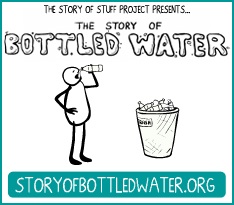The selling off of people’s commons
 In the 1980s, and especially in the 1990s, the European countries went through a phase of privatization, which radically reduced the reach of the post-WWII welfare state. The rationale for such an exercise varied, as did the forms of privatization across sectors, countries and time. … The public debt crisis has deepened this shift in favour of private sector interests, as the Greek experience amply demonstrates. … The Economic Adjustment Programme, accompanying the bail-out, contains a detailed privatization plan by type of asset, mode of sale and expected sales proceeds over the period 2010-2015, the time span of the Programme. A target of proceeds equal to €50 billion has been set. … In this sense, the current thrust is a determined attempt to sell off what remains of the Greek people’s commons. Read further in LuXemburg Magazine
In the 1980s, and especially in the 1990s, the European countries went through a phase of privatization, which radically reduced the reach of the post-WWII welfare state. The rationale for such an exercise varied, as did the forms of privatization across sectors, countries and time. … The public debt crisis has deepened this shift in favour of private sector interests, as the Greek experience amply demonstrates. … The Economic Adjustment Programme, accompanying the bail-out, contains a detailed privatization plan by type of asset, mode of sale and expected sales proceeds over the period 2010-2015, the time span of the Programme. A target of proceeds equal to €50 billion has been set. … In this sense, the current thrust is a determined attempt to sell off what remains of the Greek people’s commons. Read further in LuXemburg Magazine

